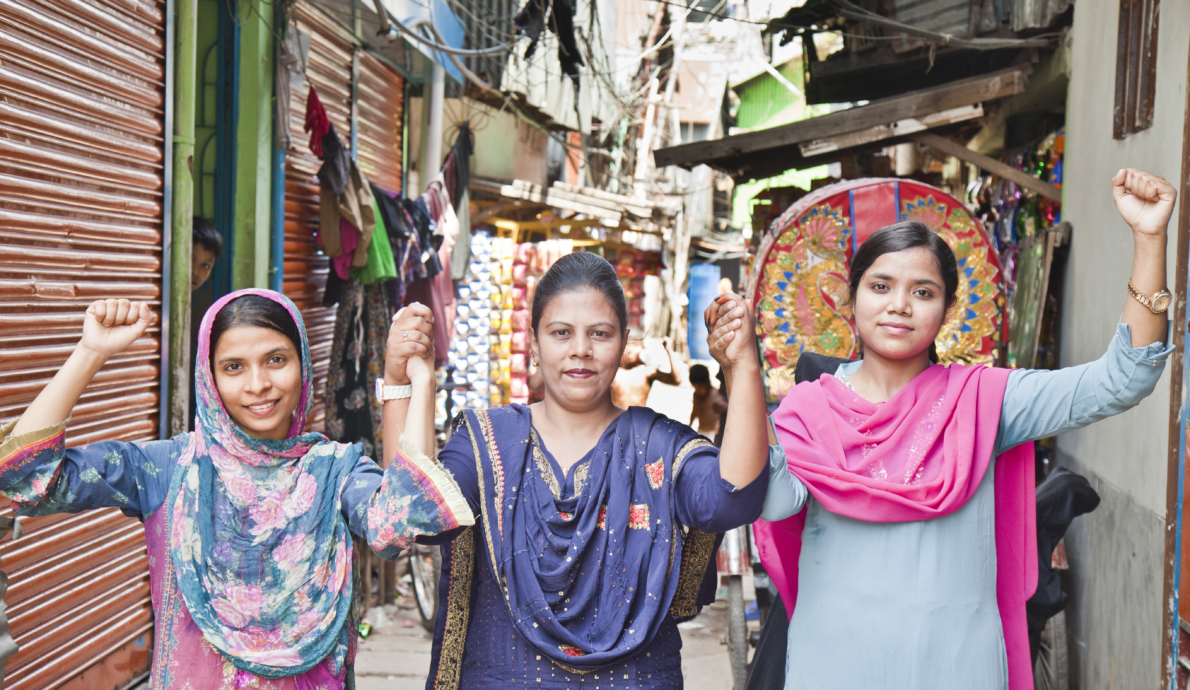Counterpart accelerates collaboration within communities, bringing farmers together to build healthier lives and more secure futures.
Fabian Perez was all alone. After years of civil war crippled Guatemala’s highlands, farmers were used to working independently.
Then last year the “coffee rust” fungus destroyed their crops and, with it, their livelihoods. And the white fly infested their vegetables and worsened malnutrition. Already poor, already hungry, their lives were in danger.
It was too much for anyone to face on their own. So with Counterpart’s help, Fabian formed a community group with 27 other men and women farmers from his village in Aldea Chiaque Malacatancito.
Together, the farmers met to share their ideas and tackle problems. Counterpart provided training to help them make their organization strong by working together to assign tasks, draft an action plan and apply for funding through the Ministry of Agriculture (MAGA).
MAGA was impressed. Before, a few farmers in the area had received funding to help their farms, but like a bandage on a broken leg, no one helped them build lasting support. Now, united as a group, MAGA recognized the community’s strength and determination to overcome their own challenges.
They helped the group build a Rural Development Learning Center (CADER), a little plot of land in their village where farmers can gather to learn from one another and practice new agricultural techniques.
“We’re doing this to learn how to make our farms last,” says Fabian, “so we have something to leave our children and grandchildren—a source of income they can count on.”
MAGA also gave them new fungus-resistant coffee seeds and helped the group build a greenhouse to protect their vegetables. In turn, Counterpart gave in-kind grants to help the farmers build irrigation pipes for their greenhouse. Since then, the farmers have grown 5,000 healthy tomato, broccoli and cabbage plants, which they shared between them.
Stronger than ever, the group soon attracted the support of other organizations too. The National Coffee Association provided training to help the farmers learn tips for growing coffee in their climate. They will also help the group find buyers for their crop once it’s ready for market.
The University of San Carlos also signed on to help Fabian’s farming group. They connected the famers with an agriculture student who worked for free in their community every day for 10 months, teaching them about the latest farming tools and techniques. The student and the farmers both learned so much from one another, that the University is now working to launch student-community partnerships in other farming villages.
“If we hadn’t formed our group, no one would have noticed us or given us help,” says community group member Blanca Lopez. “Because we work together, we make our village a little better every day.”
To date, Counterpart has helped 7 community groups start CADERs in the Huehuetengo region. Where once there was a village of individuals, now there is a community, trained and equipped to build more durable futures.
“Now, this community feels important. They are not left behind,” said Counterpart’s Maria Esther Bucaro. “For the first time they feel like they belong–they are part of a country—because they are treated by their government and other organizations like people and not like beggars. Before, people thought of them as ‘poor’ or ‘lazy’ but then they used the tools they were given to change their own lives. Now they are known for their hard work instead: people realize they are a community of problem-solvers.”
This story is a part of our #LeadMore series, recognizing our local partners and community leaders.




